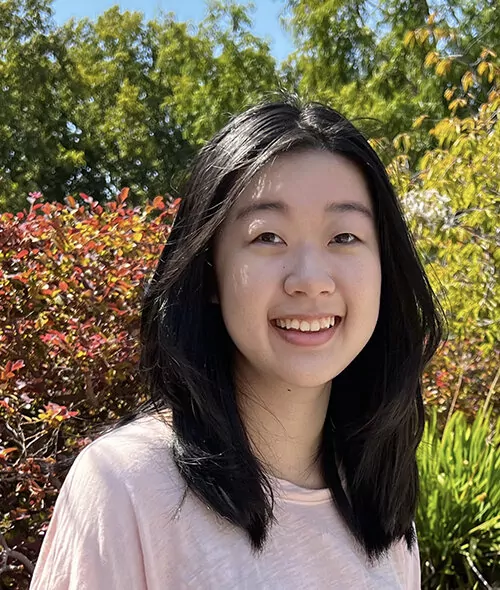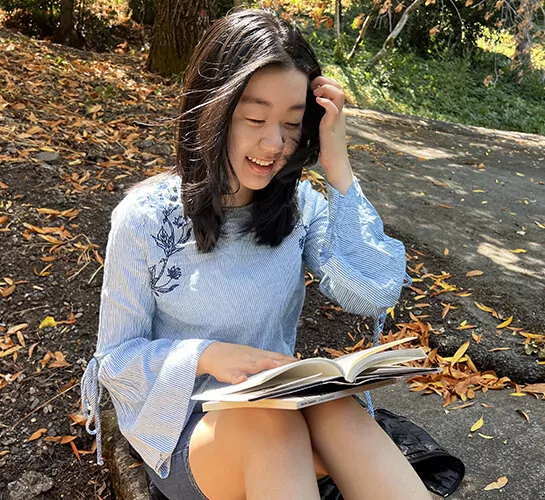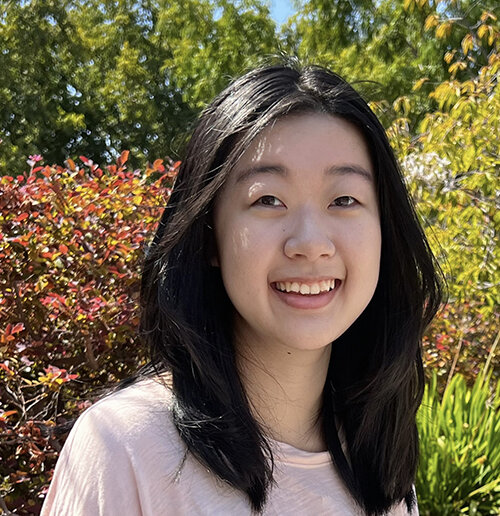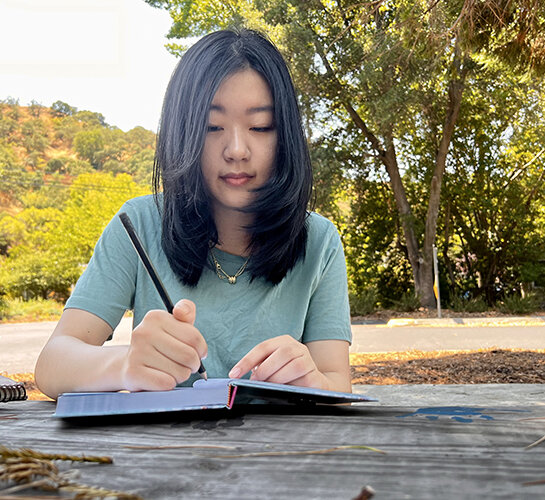Deeper Dive
By acting in conversation with traditional Korean folklore, my portfolio highlights modern Asian and Asian American voices during a time of social unrest while examining mythos as a landmark for memory. With every retelling of a myth, a new incarnation takes the place of the last. In the same way, the recipients of myth become characters of the very stories being told, with new perspectives being folded into the old and interpretations becoming a way of remembrance. I am fascinated by the nature of mythology: the ability of myths to miraculously survive the test of time, continually evolving to serve the needs of their respective generations. Even as literary evolution takes place, the spine of a story remains, unwavering in its moral message. As such, literature holds the power to elucidate and even define eras. I was especially encouraged to translate and honor the stories of Asian immigrant elders following the terrible trend of anti-Asian hate crimes that plagued my local community. In assembling the portfolio, I experienced a kind of literary catharsis: I was able to not only embrace my own culture but also to share it with communities beyond myself.
As a writer, I am interested in telling the stories often left unheard, the stories that we experience collectively that stay with us individually. Although my portfolio seeks to be in direct conversation with racial inequality and the processes of marginalization, for a long time, the COVID-19 pandemic made it very difficult for me to write. The pandemic impacted my work in the sense that the role of writing in my life shifted; what was once a hobby suddenly became a critical form of communication, of sharing stories, of preservation. Participating in creative writing workshops offered by my school and elsewhere cemented my belief in the ability of literature to serve as a mode of human connection.
My portfolio explores what is lost in translation and what is honored in historical adaptations through the sharing of hybrid creative works. As a whole, it serves to challenge, to synthesize, and to reimagine the stories of the past, with further attention to modern social issues in order to preserve the voices of Asian Americans in the present. I believe that writing can be a way of reversing the status quo and exercising pride in one’s culture, and one’s story. In this way, language becomes something beyond noise—something like music. Ultimately, my portfolio acts as an attempt to tell and retell the stories of marginalized populations during a time of instability and violence; and to provide the voiceless with an opportunity not only to speak but to sing.



